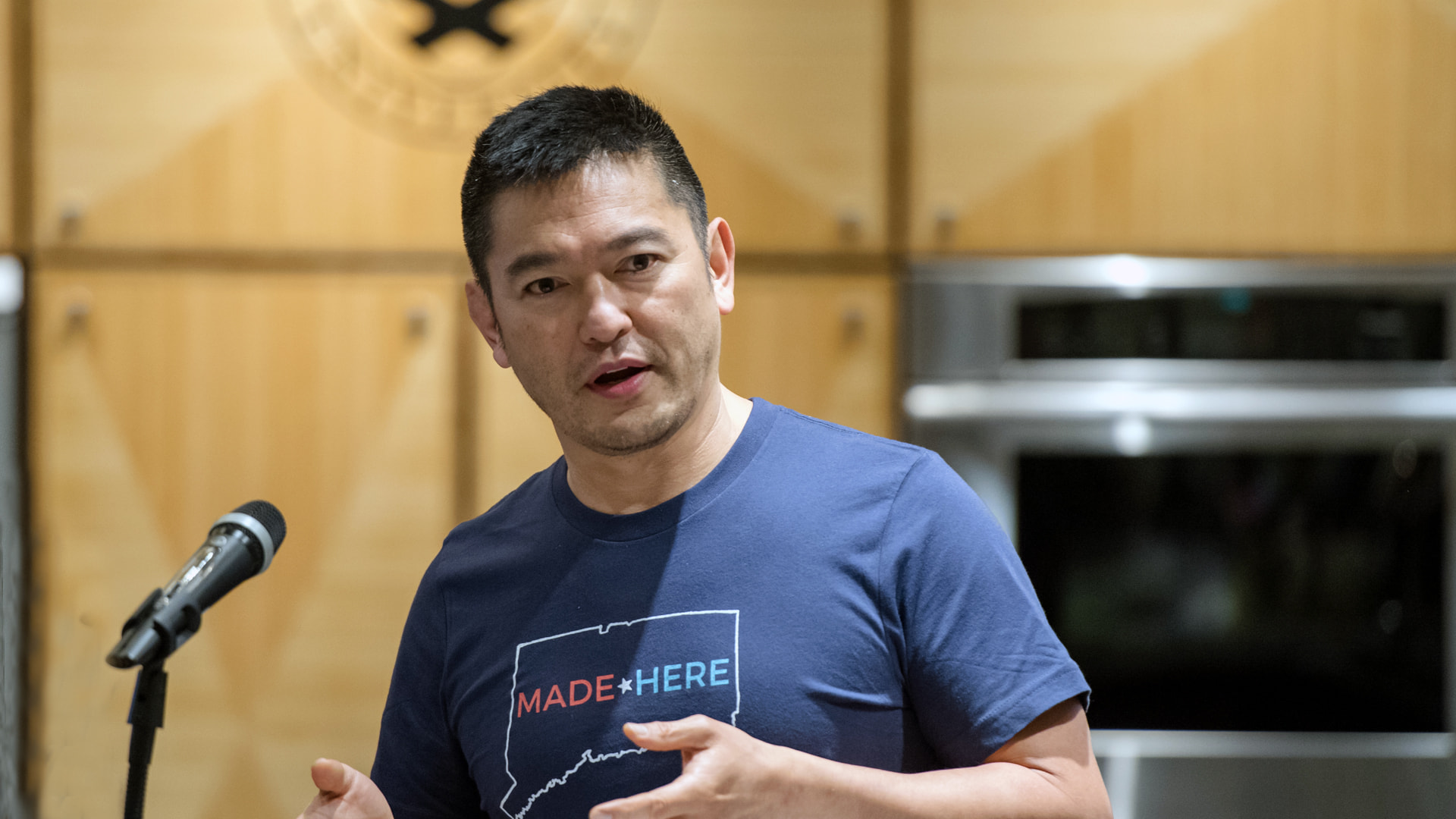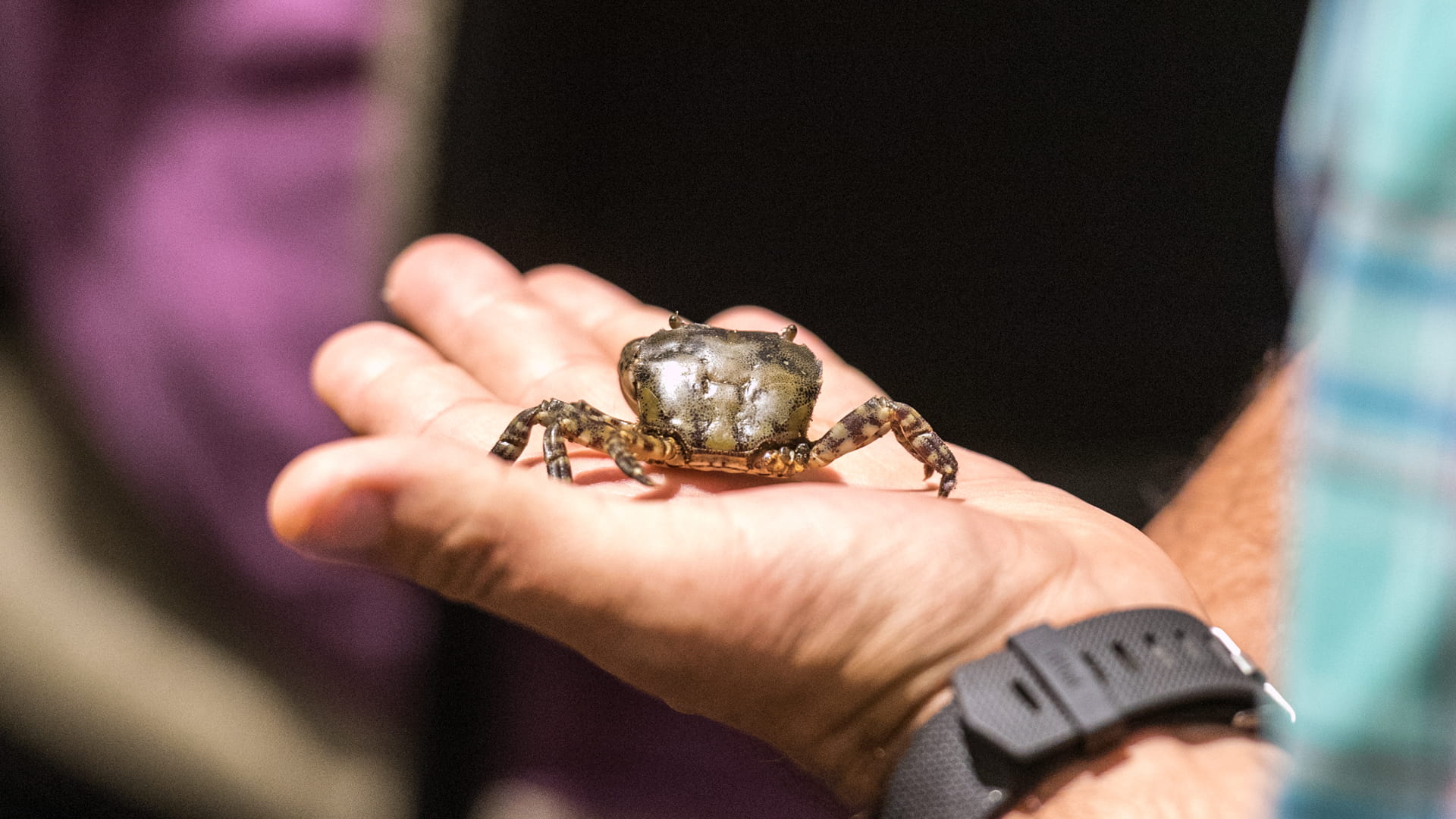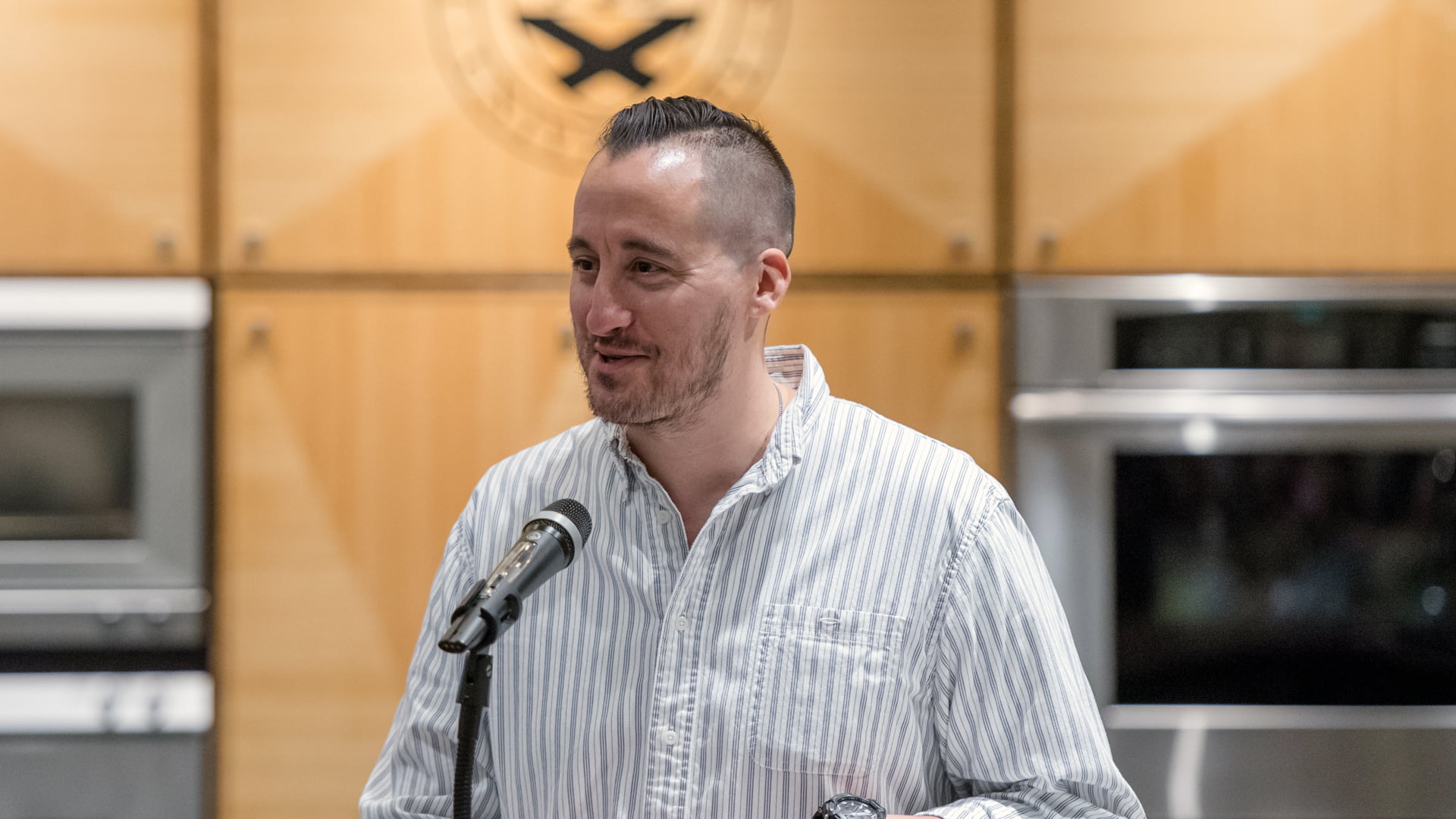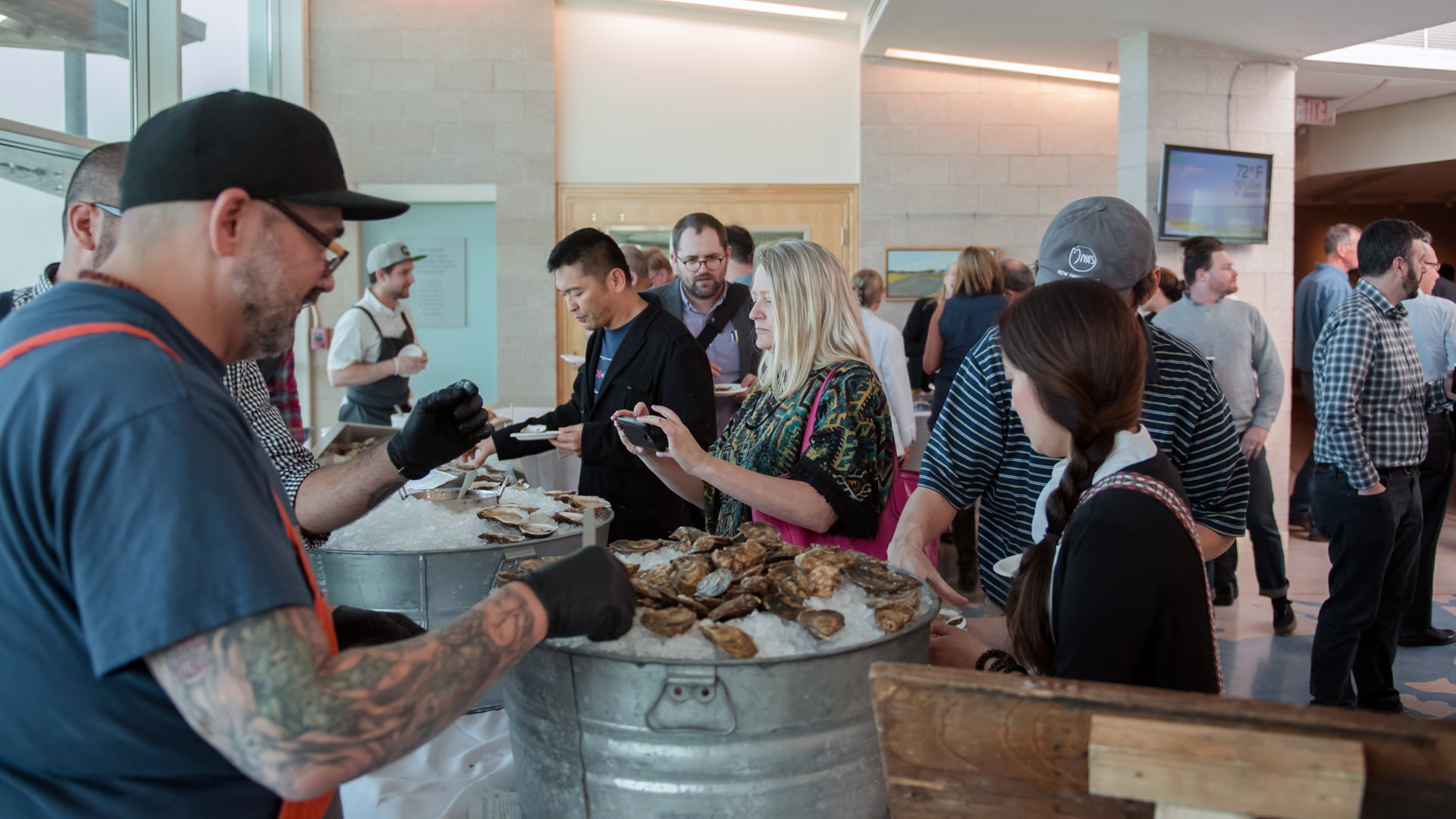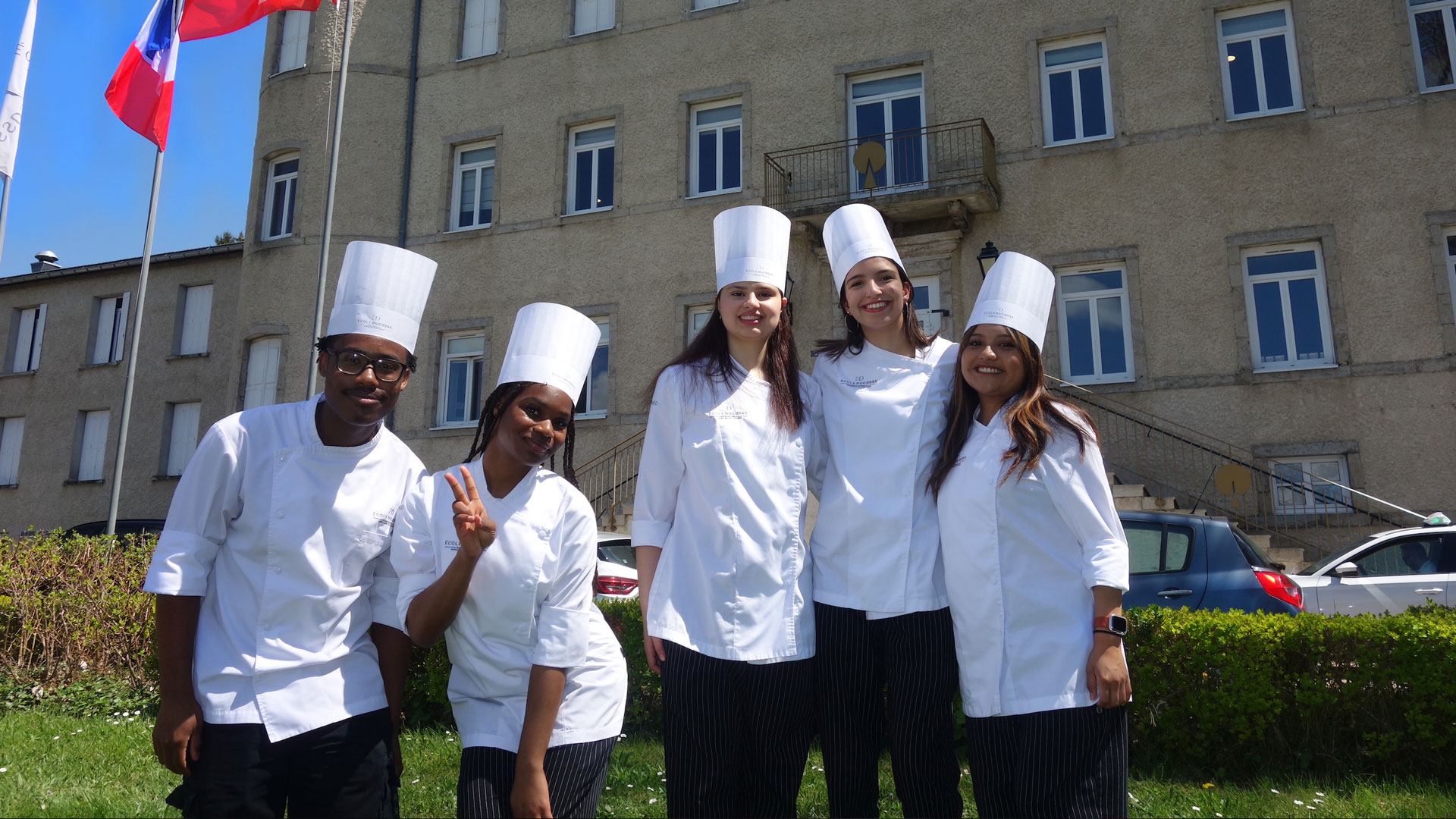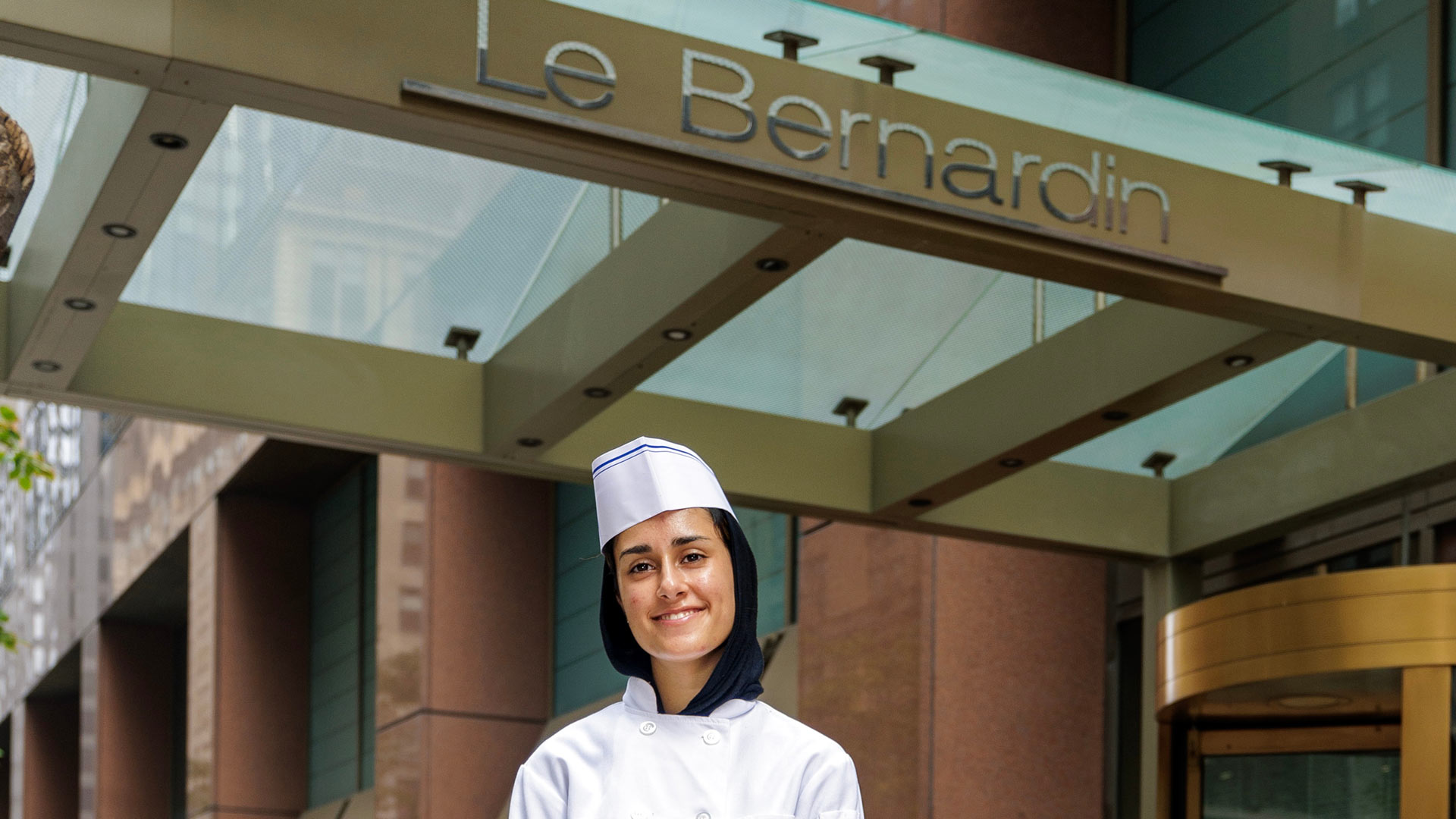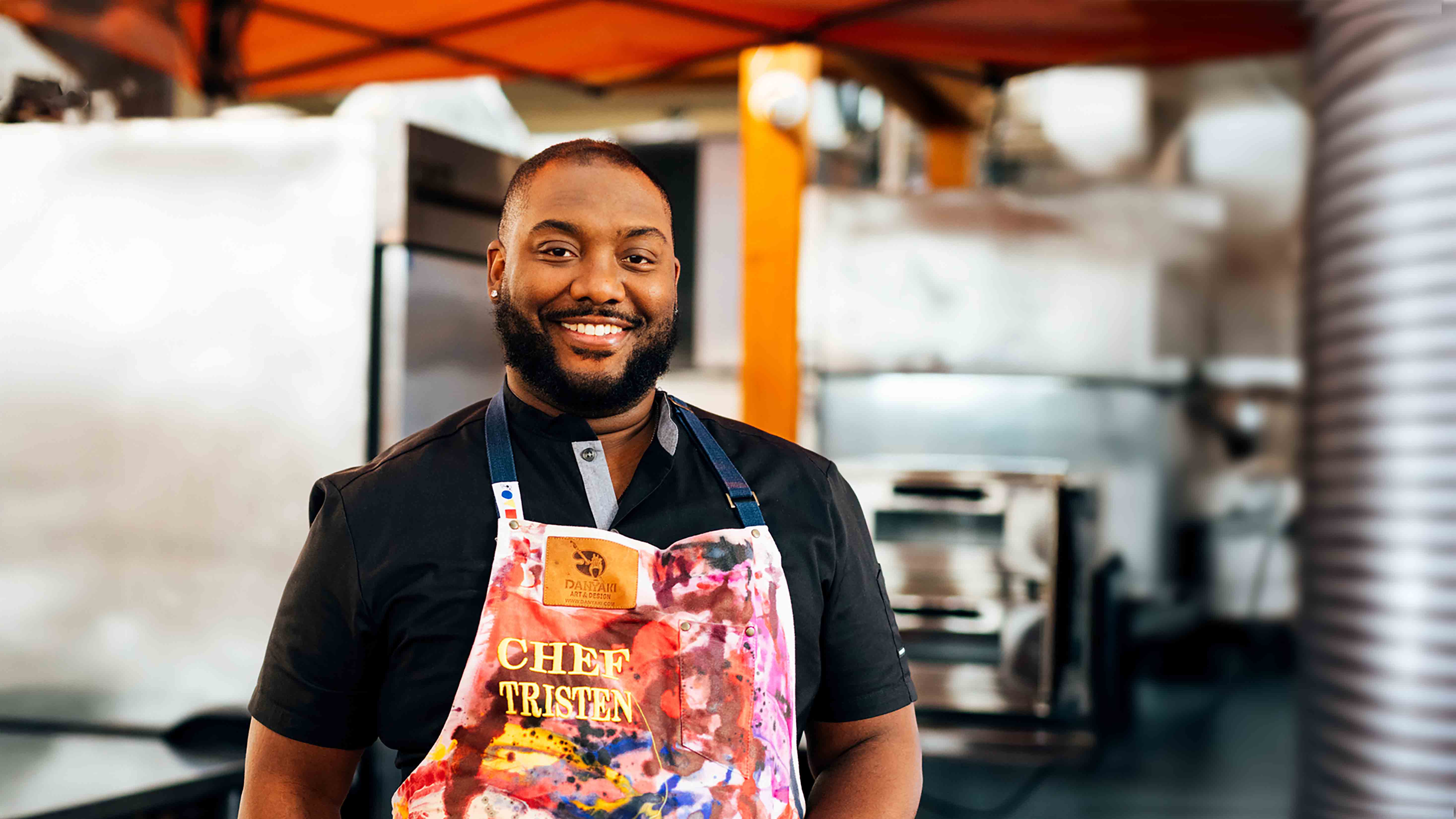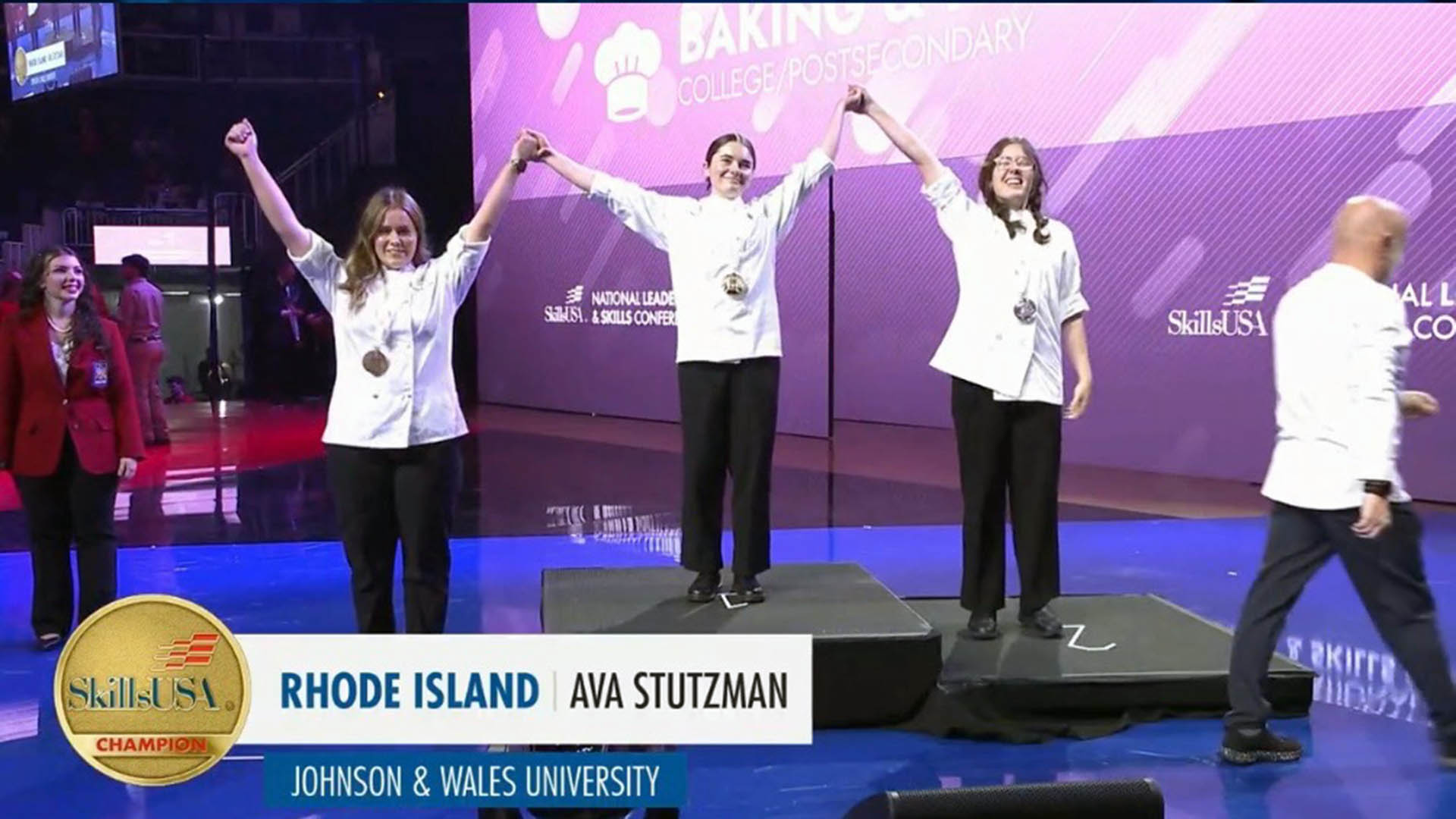Saving our Seas: Can Seafood Truly Be Sustainable?
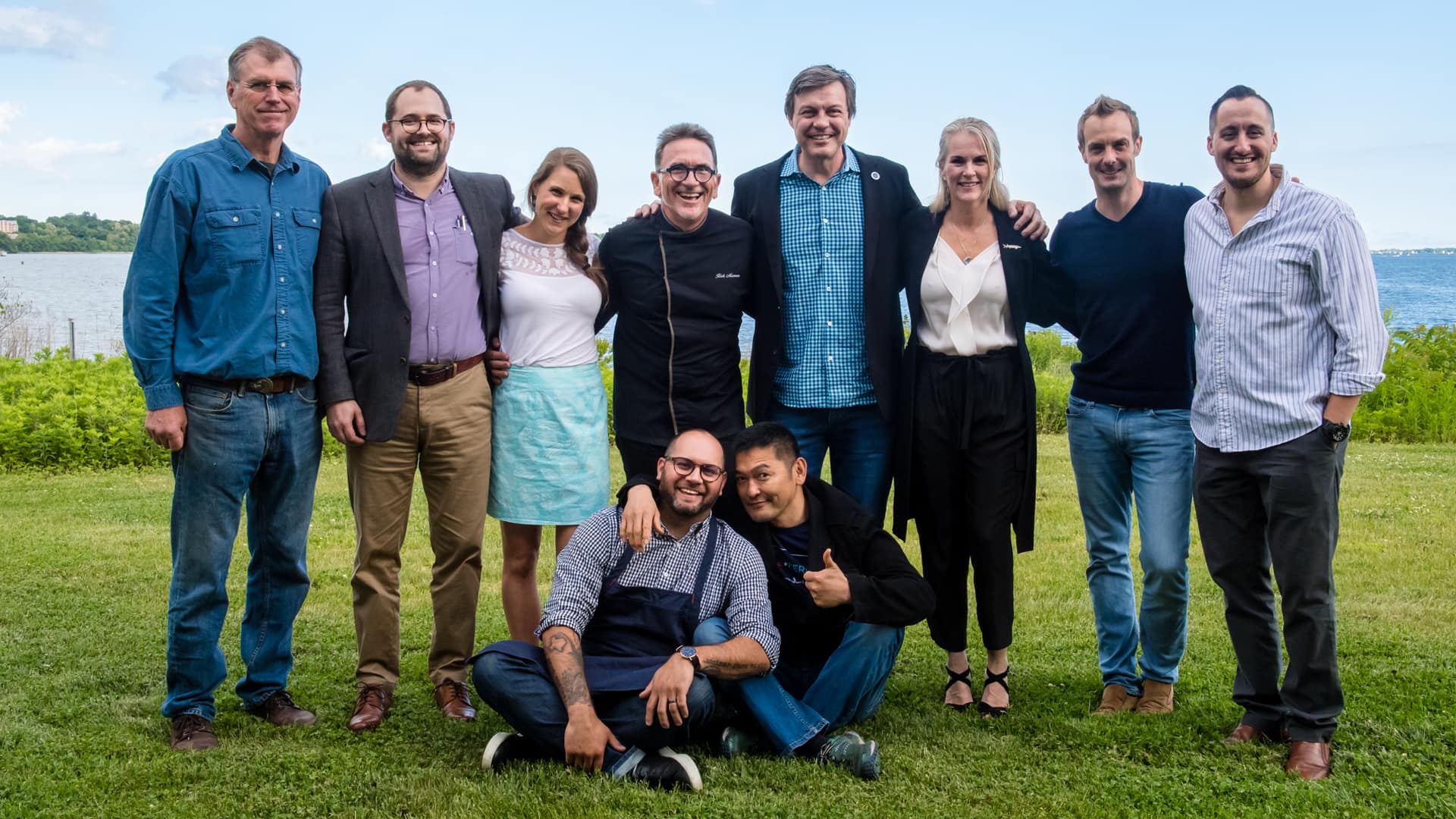
Is truly sustainable seafood possible? How can we maintain the ocean’s ecological balance while still enjoying its bounty? What role can technology play in increasing the safety and traceability of our seafood supply?
These questions and more were debated by chefs, restaurateurs, researchers and entrepreneurs at the Jacques Pépin Foundation’s inaugural Seafood Symposium, which was hosted at JWU Providence’s College of Culinary Arts with the support of the Chefs Collaborative and Save the Bay.
Steve Malinowski, the founder of Fishers Island Oysters, sounded the alarm about our pillaging of the sea: “It’s important to understand ‘shifting baseline syndrome’ — as resources are depleted, we normalize the numbers. In response, our fishery policies are put in place to keep species from going extinct, rather than to explore ways to replenish their stock. Bluefin spawning stock is 65% depleted. We’re eating the earth to extinction.” (Malinowski’s son Peter, who founded New York City’s Billion Oyster Project, likens eating a Bluefin tuna to “killing and eating a tiger or a lion.”)
Anna Malek Mercer of the Rhode Island-based nonprofit Commercial Fisheries Research Foundation brought some hopeful data about aquaculture, stock recovery and regulations to preserve our fisheries. She traced the arc from 1950, when almost all seafood was wild harvest, to now, when aquaculture — the farming of seafood, crustaceans, aquatic plants and other organisms — has surpassed wild catch.
"As chefs, we have the ability to change the culture of food."
Advances in technology have made farmed seafood both safer and more sustainable, provided that ecologically sound practices are followed. One method currently favored is Integrated Multi-Trophic Aquaculture (IMTA), whereby multiple species are “co-cultured” in close proximity to create a balanced biosystem.
Island Creek Oyster Bar’s chef-owner Jeremy Sewall outlined his own experiences with IMTA. Inspired by his colleagues at Island Creek Oysters and spurred by customers asking for truly local fish, he entered into a partnership with the University of New Hampshire to farm steelhead trout. As part of their IMTA system, roughly 3,000 trout coexist with 4 tons of mussels and 1 ton of sugar kelp in two enormous net cages that float just off the New Hampshire coast. The fish have ample room to move freely, and the mussels and kelp — both filter feeders — turn the potentially harmful nitrogen excreted by the fish into energy. It’s a low-tech but efficient way to mitigate the environmental impact of farming fish — and for Sewall, it’s a way to educate consumers.
Bun Lai, the chef-owner of Miya’s Sushi in New Haven, Connecticut, has made it his mission to educate the public about making more sustainable choices. At Miya’s, only 10% of the sushi platter is seafood — the rest is made up of plant-based proteins packed with fiber and phyto-nutrients. Chef Lai is also passionate about introducing diners to invasive or destructive species — for show-and-tell, he brought a species of Asian crab most likely introduced to US waters via a Chinese bilge ship. “The human appetite is the reason we don’t have dodos, passenger pigeons and so many other species — we are now entering a sixth extinction. And as chefs, we have the ability to change the culture of food.”
"Every dollar you spend is a vote for a particular system."
JWU alum and Chefs Collaborative board member Derek Wagner '99 of Nicks on Broadway closed the Symposium with a passionate call to make a difference: “For the last 10 years, Nicks has focused on locally-caught, mostly underutilized seafood, rather than forcing a demand for supply that isn’t there. We hope to get our guests excited about it, too — diversifying their palates by going beyond just salmon, tuna and shrimp. And 100% of our seafood has been harvested from Rhode Island, Massachusetts or Connecticut, so the money stays in the local economy. Your choices and dollars can impact meaningful change — chefs are influencers.”
In conclusion, Symposium organizer Rollie Wesen, MEd, CEC, who is an associate professor at JWU’s College of Culinary Arts, echoed Wagner’s sentiments: “Know the provenance of your seafood. Eat across the whole food chain from shellfish to predators. Remember, every dollar you spend is a vote for a particular system.”
Read more from the Symposium over at JWU’s Changing the Way the World Eats blog.
photos by Ken Goodman '91
